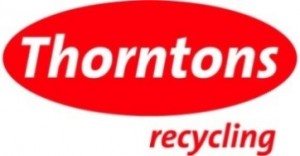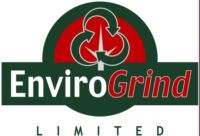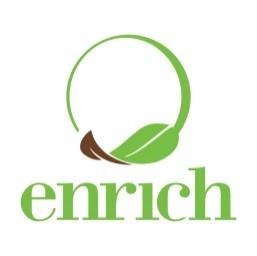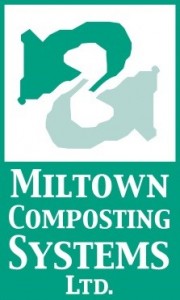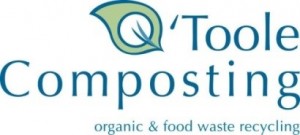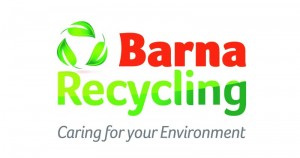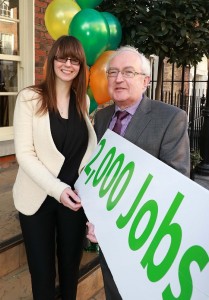RHI Phase 2- An Opportunity to Reduce Greenhouse Gases in Agri Sector
In welcoming the Minister Naughten’s announcement on the Renewable Heat Incentive for the use of heat from biogas, Percy Foster CEO of Cré said “We are concerned that phase 1 of the RHI does not include any support for biomethane injection into the gas grid. However, we look forward to the opportunity to engage with the Minister and his Department in January on Phase 2 of the RHI on developing supports for biomethane to grid in meeting our EU obligations for renewables, the bioeconomy and reducing greenhouse gas emissions in the agricultural sector”.
Last week, the ‘Climate Change Advisory Council’ called on urgent new measures to reduce carbon emissions in Ireland. The use of biogas to treat wastes, in particular agricultural organic waste can play a significant role in reducing emissions. The German biogas industry alone prevented 20 million tonnes of CO2 last year.
ENDS

